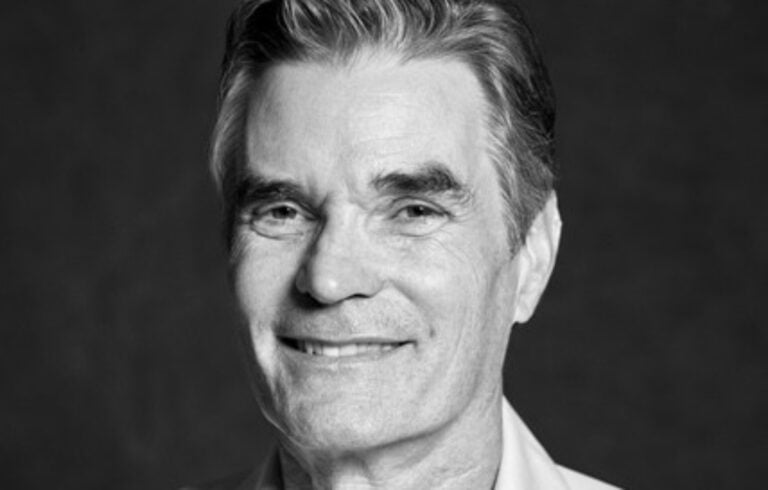
As Americans variously reel from record heat waves, 1,000-year floods and other manifestations of extreme weather this summer, and new federal legislation boosts mitigation schemes, climate-change anxieties and opportunities are infiltrating more and more product and technology decisions by U.S. manufacturers. Just ask Zach Supalla.
The CEO of Particle Industries, a company that supplies IoT-based connectivity and intelligence to a variety of manufactured devices, sees climate-related thinking playing an increasingly important role with customers in each of Particle’s main verticals, which include energy, HVAC, emissions monitoring, and industrial-equipment monitoring.
“In R&D for bigger companies as well as entrepreneurs, we see the innovation economy, all these smart people, thinking about climate,” Supalla told Chief Executive. “It was already headed in that direction, but now the government is trying to support it with regulation and tax incentives” in the Inflation Reduction Act. “Legislation is fueling the fire.
“Every smart, engineering-oriented tech person who knows how to do software and hardware together is thinking about resource consumption, how to electrify things, how to decrease energy consumption, how to manage the downstream effects of climate change once it starts to happen.”
Here are three ways other executives in manufacturing systems can apply Supalla’s observation and strategy:
• Look for the climate angle. The zeitgeist, market incentives and government mandates mean all sorts of new ways to leverage climate concerns are arising.
“There’s always an energy angle with everything, but now all of our climate customers are growing a lot faster than non-climate customers,” Supalla said. “And anyone with one foot in climate and energy all of the sudden is in with two feet.”
Cases in point include the San Francisco-based company’s recent signing of customers that put together systems for monitoring rivers and waterways. “Cities are getting more flooding,” Supalla said. “We build sensors to monitor that.” Likewise, he said, Jacuzzi is a major customer, now working with Particle on ways to reduce energy usage of its hot tubs.
• Upgrade existing approaches. Meanwhile, as parts of the U.S. oil patch come back to life, there’s rising demand for Particle’s continuous methane emissions sensors. Traditionally, oil producers have flown planes with methane-detection systems on board over oil-production territory; now, Particle can supply that industry with permanently installed well-site monitors that are powered by integrated solar panels. “It’ll become a huge business,” Supalla said.
Particle also derives about 15% to 20% of its revenues from makers of urban scooters that are left lying about city streets by last-mile commuters. While “the original, throw-cheap-scooters-everywhere idea is a failed proposition,” Supalla said, and has resulted in troubles at scooter pioneers including Bolt and Bird, players now demonstrate “a more thoughtful and nuanced perspective.” This includes, he said, deploying electrified small vehicles such as little cargo vans that could use city bike lanes.
• Beware the flip side of government intervention. Progressive national politicians and even regulators on state and local levels aren’t always going to lie down for manufacturers’ sustainability-focused schemes. For instance, while city administrations and urban planners initially welcomed scooters as a way to reduce automotive congestion and pollution, some pioneering manufacturers such as Bird got into big battles with regulators as hundreds of scooters deployed in urban centers created their own traffic hazards.
“The early entrepreneurs thought that they could deploy into cities and ask forgiveness rather than permission,” Supalla said. “That’s what Lyft and Uber did with ride sharing. But municipal governments have gotten smarter and aren’t going to let that happen again, so scooters got regulated much more quickly and aggressively.”




0

1:00 - 5:00 pm
Over 70% of Executives Surveyed Agree: Many Strategic Planning Efforts Lack Systematic Approach Tips for Enhancing Your Strategic Planning Process
Executives expressed frustration with their current strategic planning process. Issues include:
Steve Rutan and Denise Harrison have put together an afternoon workshop that will provide the tools you need to address these concerns. They have worked with hundreds of executives to develop a systematic approach that will enable your team to make better decisions during strategic planning. Steve and Denise will walk you through exercises for prioritizing your lists and steps that will reset and reinvigorate your process. This will be a hands-on workshop that will enable you to think about your business as you use the tools that are being presented. If you are ready for a Strategic Planning tune-up, select this workshop in your registration form. The additional fee of $695 will be added to your total.

2:00 - 5:00 pm
Female leaders face the same issues all leaders do, but they often face additional challenges too. In this peer session, we will facilitate a discussion of best practices and how to overcome common barriers to help women leaders be more effective within and outside their organizations.
Limited space available.

10:30 - 5:00 pm
General’s Retreat at Hermitage Golf Course
Sponsored by UBS
General’s Retreat, built in 1986 with architect Gary Roger Baird, has been voted the “Best Golf Course in Nashville” and is a “must play” when visiting the Nashville, Tennessee area. With the beautiful setting along the Cumberland River, golfers of all capabilities will thoroughly enjoy the golf, scenery and hospitality.
The golf outing fee includes transportation to and from the hotel, greens/cart fees, use of practice facilities, and boxed lunch. The bus will leave the hotel at 10:30 am for a noon shotgun start and return to the hotel after the cocktail reception following the completion of the round.